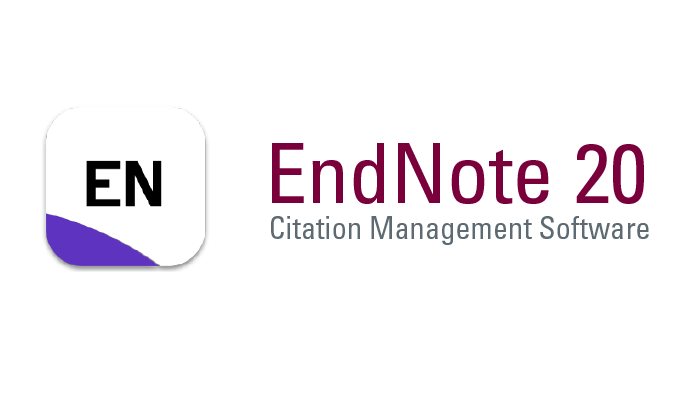EVALUASI KINERJA WILAYATUL HISBAH DALAM PENERAPAN SYARI’AT ISLAM DI KOTA LHOKSEUMAWE
DOI:
https://doi.org/10.47887/amd.v2i1.24Keywords:
Performance Evaluation, Islamic Shari'ah, and IktilathAbstract
Performance evaluation is an activity carried out by management to assess the performance of employees in an institution or organization by comparing predetermined job descriptions. Ikhtilath is an act of making love between a man and a woman who is not a mahram in the open. Which has been regulated in Aceh Qanun Number 6 of 2014. However, realizing Islamic Shari'at in Lhokseumawe City still has problems, especially in the application of Islamic Shari'at regarding Iktilath violations. It is proven by the occurrence of Ikhtilath's actions in open places and the lack of supervision and socialization of Wilayatul Hisbah has not been maximized, so that many people do not care about the rules in Islamic Shari'at, this shows that violations of Ikhtilat still occur in Lhokseumawe City. The results of the study show that the performance of Wilayatul Hisbah in the application of Islamic Sharia has not been running optimally. This is evidenced by the increase in Qanun violations every year and people who do not fully know the rules of Islamic Shari'at as a whole due to the lack of socialization and supervision carried out by Wilayatul Hisbah as a party who to be responsible. It is hoped that the Islamic Sharia Institution will be able to monitor and socialize the Islamic Shari'at maximally, especially in the implementation of Ikhtilath violations. As well as the existence of cooperation between the government and the community so that the implementation of Islamic Shari'ah can run in a kaffah manner.
References
Dinas Syari’at Islam Provinsi NAD. (2012). Himpunan Undang-undang Keputusan Presiden, Peraturan Daerah/Qanun, Intruksi Gubernur, dan Edaran Gubernur Perkaitan Pelaksanaan Syari’at Islam (Ed. 10, Cet 1). Banda Aceh: Sukdin Litbang dan Program.
Haq, Hamka. (2009). Syari’at Islam Wacana dan Penerapannya. Makasar: Yayasan Al-Ahkan.
Iskandar. (2009). Metode Penelitian Kualitatif. Jakarta: Gaung Persada Press.
Jurjawi, Ali Ahmad. (2013). Indahnya Syari’at Islam. Jakarta: Pustaka Al- Kautsar.
Mangkunegara, Anwar Prabu. (2005). Evaluasi Kinerja Sumber Daya. Manusia. Bandung: Refika Aditama.
Moleong, Lexy J. (2005). Metode Penelitian Kualitatif. Bandung: Remaja Rosdakarya.
Mujiburrahman. (2011). Pendidikan Berbasis Syari’at Islam. Banda Aceh: Dinas Syri’at Islam.
Sajali, Munawir. (2018). Pelaksanaan Qanun Aceh Nomor 6 Tahun 2014 Tentang Jinayat Terhadap Peminum Khamar. Banda Aceh: Bandar Publising.
Soehartono. (2014). Irwan. Metode Penelitian Sosial, Bandung: Remaja Rosdakarya.
Solin, Rizky Fazar. (2018). Efektifitas Kinerja Wilayatul Hisbah Dalam Qanun Aceh. Banda Aceh: Bandar Publising.
Subarsono, A.G. (2009). Analisis Kebijakan Publik. Konsep, Teori Pengukuran Aplikasi. Celeban Timur: Pustaka Pelajar.
Wilayatul Hisbah Keberadaan Tugas dan Wewenang. (2018). Diakses 13 Februari 2018, dari sumaterapost.com.
Undang-undang Nomor 11 Tahun 2006 Tentang Pemerintahan Aceh Qanun Aceh No. 6 Tahun 2014 Tentang Jinayat
Undang-undang Nomor 18 Tahun 2001 Tentang Otonomi Khusus
Undang-undang Nomor 44 Tahun 1999 Tentang Penyelenggaaan Kestimewaan di Provinsi Daerah Istimewa Aceh
Widioko, Eko Putro. (2012). Evaluasi Program Pembelajaran. Yogyakarta: Pustaka Belajar.
Wirawan. (2009). Evaluasi Kinerja Sumber Daya Manusia. Jakarta: Salemba Empat.
Downloads
Published
How to Cite
Issue
Section
License
Copyright (c) 2021 Nazaruddin Nazaruddin, Ahmad Yani, Ti Aisyah, Suci Fitri Annisa

This work is licensed under a Creative Commons Attribution-ShareAlike 4.0 International License.
Authors retain copyright and grant the journal right of first publication and this work is licensed under a Creative Commons Attribution-ShareAlike 4.0 that allows others to share the work with an acknowledgement of the works authorship and initial publication in this journal.
All articles in this journal may be disseminated by listing valid sources and the title of the article should not be omitted. The content of the article is liable to the author.
Authors are able to enter into separate, additional contractual arrangements for the non-exclusive distribution of the journal's published version of the work (e.g., post it to an institutional repository or publish it in a book), with an acknowledgment of its initial publication in this journal.
Authors are permitted and encouraged to post their work online (e.g., in institutional repositories or on their website) prior to and during the submission process, as it can lead to productive exchanges, as well as earlier and greater citation of published work.
In the dissemination of articles by the author must declare the Al-Madaris Jurnal Pendidikan dan Studi Keislaman as the first party to publish the article.














